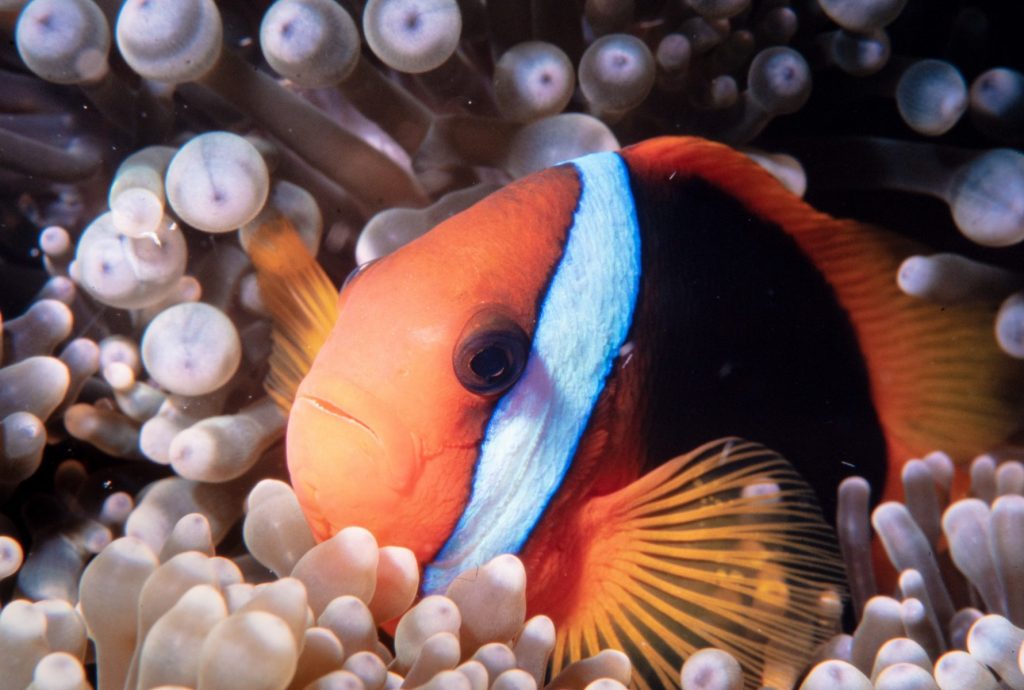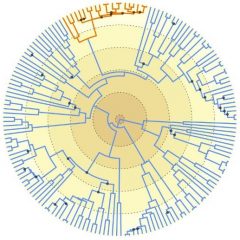Overview of the group
The Computational Phylogenetics group is part of the Department of Computational Biology from the University of Lausanne.

In our group, we explore evolutionary biology through a diverse array of organisms and questions, with a particular emphasis on understanding the drivers of adaptation that fuel species diversification. A central model system in our research is the clownfish adaptive radiation—a captivating group of coral reef fishes that have evolved a mutualistic relationship with sea anemones. We are generating and analyzing genomic data from this group to uncover the evolutionary mechanisms behind their diversification.
Beyond empirical studies, our group is deeply engaged in the development of models of trait evolution across time scales. We focus on integrating phenotypic variation into macroevolutionary inference, aiming to better understand how traits evolve across lineages. Recently, we have expanded our methodological toolkit to include artificial intelligence approaches, such as phyloRNN, a novel deep learning framework designed to model evolutionary processes using recurrent neural networks. These AI-driven models allow us to capture complex patterns in trait evolution and genomic data that traditional methods may overlook.
Although our research questions are fundamentally biological, we rely heavily on high-performance computing to develop, test, and refine evolutionary models. This computational backbone supports both our theoretical innovations and large-scale data analyses.
Our team is a dynamic mix of theoretical biologists, bioinformaticians, and empirical researchers, fostering a collaborative and intellectually stimulating environment. Lab meetings are lively, with interdisciplinary discussions that spark new ideas and approaches.


